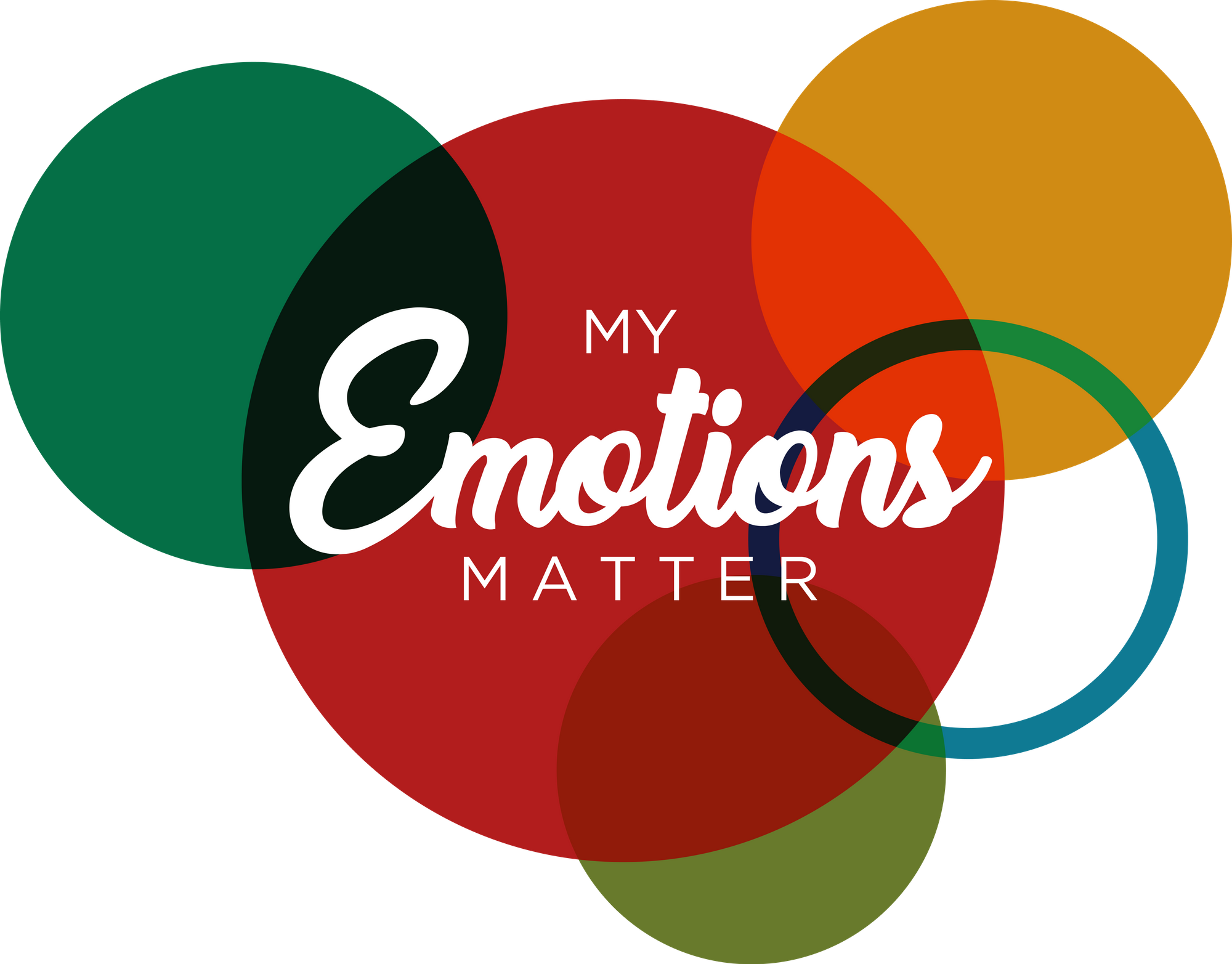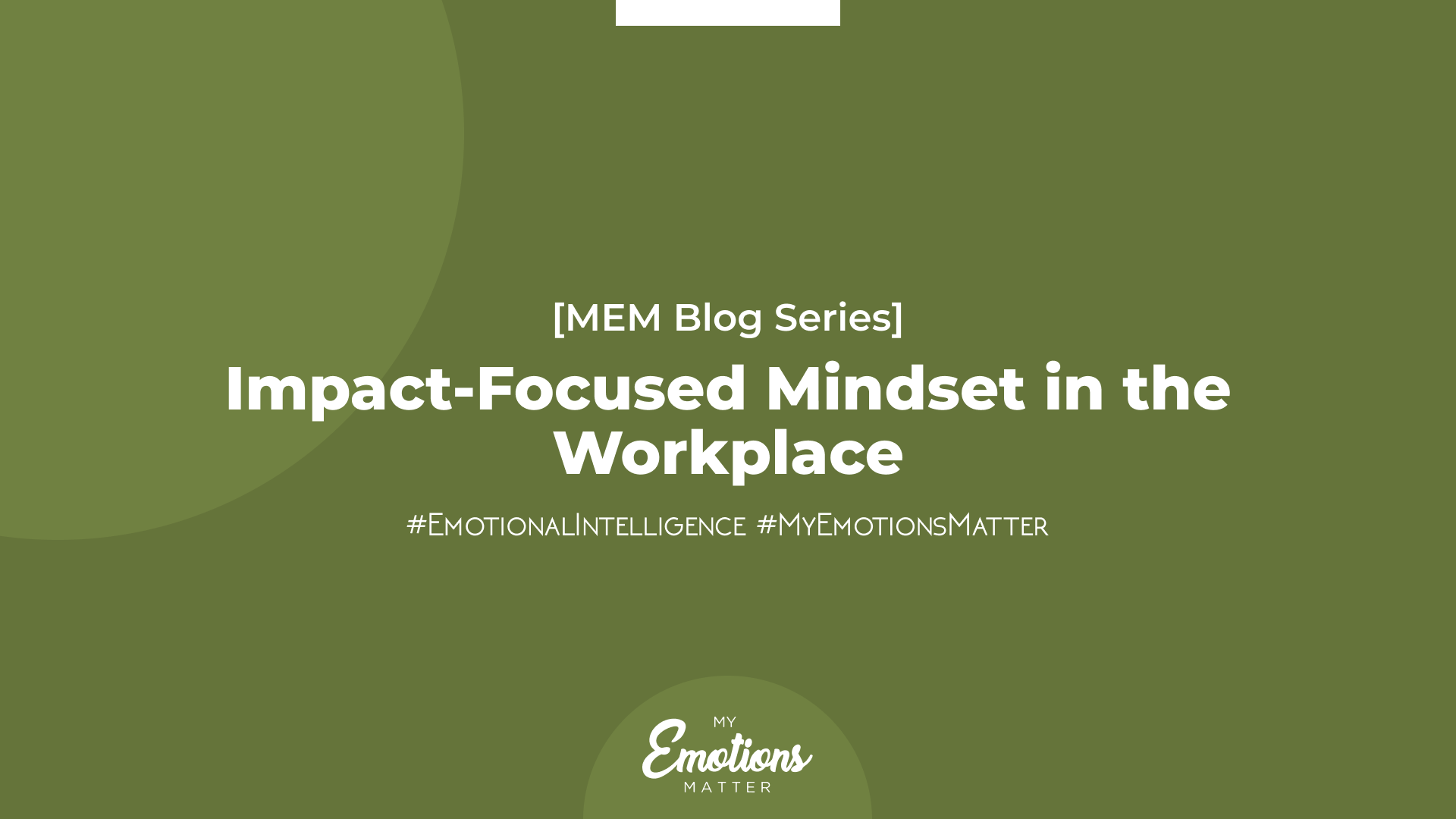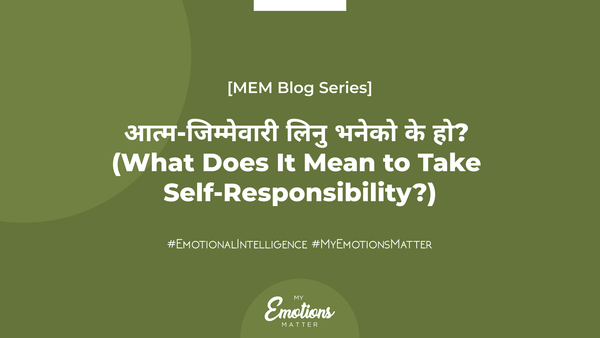Impact-Focused Mindset in the Workplace
When working in a team, we operate either from a Self-focused Mindset or an Impact-focused Mindset (The Arbinger Institute, n.d.). When operating from an inclusive, Impact-focused Mindset, our actions are naturally more helpful to others. Here are some habitual patterns that are indicative of an Impact-focused Mindset:
- Catching yourself making assumptions about others.
- Instead of taking things personally, being curious to understand the needs, objectives, and challenges driving other people’s actions.
- Making the time to connect with others to better understand what their current needs, objectives, and challenges are.
- Asking for KISS Feedback from colleagues: What should I KEEP doing, what needs IMPROVING, what do I need to STOP, and what could I START doing to help you with their needs, objectives, and challenges?
- Helping others understand your needs, objectives, and challenges in a non-defensive way.
- When something goes wrong, pausing and assess your mindset before finding solutions.
- Helping reframe judgments from others into underlying observations, feelings, needs, and requests. When someone complains, using phrases like When ___, do you feel ___ because it is important for you that ___. Would you like ___?
- Aligning yourself with the needs, objectives, and challenges of the whole team.
References
The Arbinger Institute. (n.d.). What is an outward mindset? The Arbinger Institute. https://arbinger.com/blog/what-is-an-outward-mindset/




